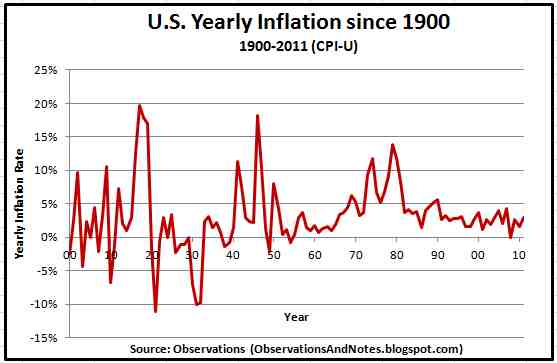On July 15, 1979, Carter gave a nationally-televised address in which he identified what he believed to be a “crisis of confidence” among the American people. This came to be known as his “malaise” speech, although Carter himself never uses the word in the speech.
I want to talk to you right now about a fundamental threat to American democracy. . . . I do not refer to the outward strength of America, a nation that is at peace tonight everywhere in the world, with unmatched economic power and military might. The threat is nearly invisible in ordinary ways. It is a crisis of confidence. It is a crisis that strikes at the very heart and soul and spirit of our national will. We can see this crisis in the growing doubt about the meaning of our own lives and in the loss of a unity of purpose for our nation. . . .
In a nation that was proud of hard work, strong families, close-knit communities, and our faith in God, too many of us now tend to worship self-indulgence and consumption. Human identity is no longer defined by what one does, but by what one owns. But we’ve discovered that owning things and consuming things does not satisfy our longing for meaning….
I’m asking you for your good and for your nation’s security to take no unnecessary trips, to use carpools or public transportation whenever you can, to park your car one extra day per week, to obey the speed limit, and to set your thermostats to save fuel…. I have seen the strength of America in the inexhaustible resources of our people. In the days to come, let us renew that strength in the struggle for an energy-secure nation.
Carter’s speech was written by Hendrik Hertzberg and Gordon Stewart. Though it is often said to have been ill-received,The New York Times ran the headline “Speech Lifts Carter Rating to 37%; Public Agrees on Confidence Crisis; Responsive Chord Struck” later that week
Here is the infamous speech and here is the transcript.



